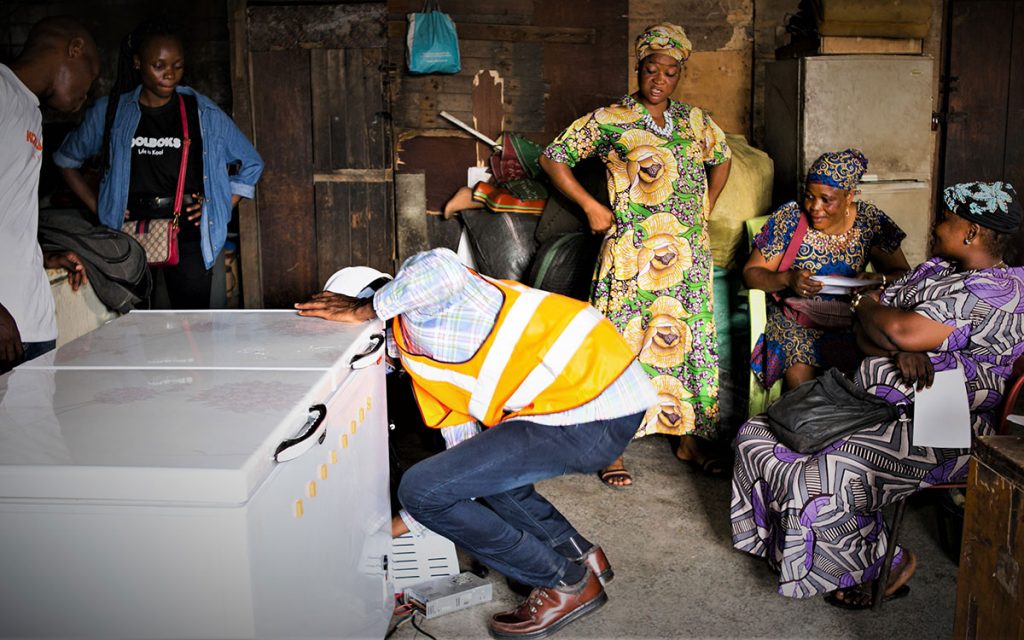
In Nigeria, unreliable refrigeration causes fish traders to lose about 30% of their products due to spoilage from power outages and high diesel generator costs. To address this, Koolboks, with support from PREO, is developing a sustainable business model by offering female fish traders access to off-grid solar refrigerators. Partnering with local organisations in Lagos, Koolboks will introduce a lease-to-own program for solar-powered refrigerators, scaling up from a successful 2020 pilot. This initiative aims to provide 300 affordable refrigerators to over 200 female traders across 12 markets and evaluate the broader social and economic benefits of solar refrigeration, also extending the solution to other frozen goods vendors.